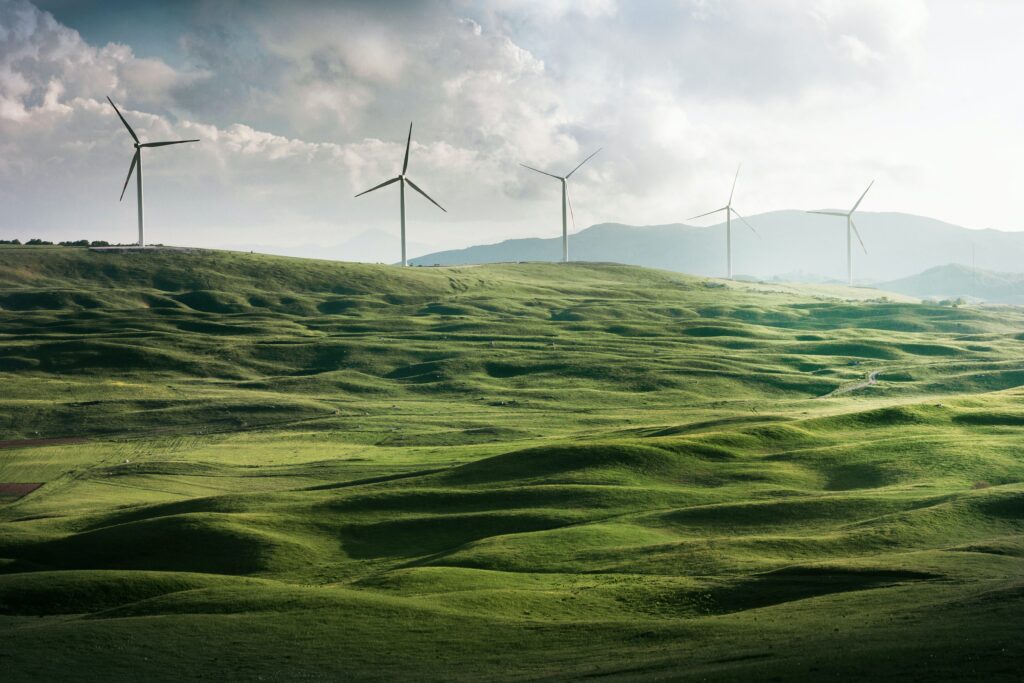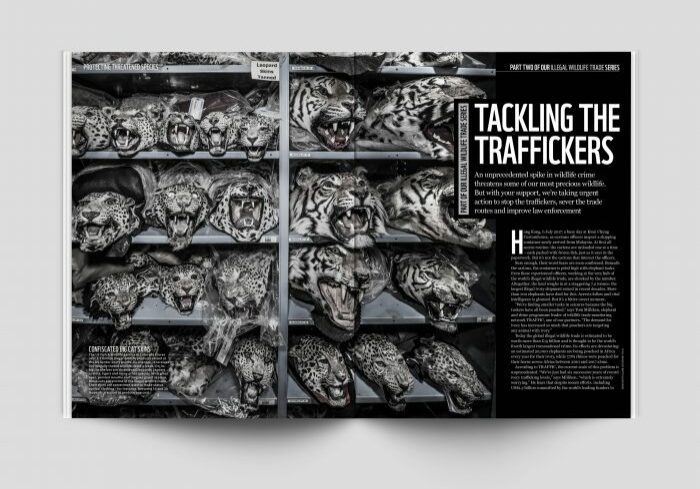As the world continues to feel the impact of climate change, we’re committed to reducing the impact both we and our energy-intensive industry have on the environment. At our offices in Bristol, we’ve appointed a sustainability leadership group, we’re reviewing all aspects of our business – from print and production to procurement and office recycling – and we’re working with our partners, clients, and the wider industry by sharing knowledge. As the guardian of many influential special interest brands, we’re also producing content that is helping to shape the national conversation. Most importantly though, we’re changing the way we work to integrate new sustainable practices.
To guide our actions and achieve our aims, we’ve developed five key principals:
- Research: Ensuring we make informed choices that have a positive impact.
- Reduction: Reducing our use of plastics and other harmful products, with a focus on reducing our carbon footprint.
- Recycle: From the waste we produce in our buildings to the paper and materials we source for our magazines and products; we’re recycling more and making it easier for our customers to do so too.
- Responsibility: We accept responsibility for our actions and how they impact on the environment. We’re committed to changing the way we do things to create a more sustainable future.
- Report: Working with an independent carbon auditor to assess our carbon emissions on an annual basis, to help set meaningful targets to meet our commitment to We have made a commitment to reduce our carbon footprint and be as close to carbon net zero as we can by 2030.
Taking this as our framework, here are five ways we’re working towards a more sustainable future:
1. Reducing plastics from our magazines

We have completely changed the way we create and source our cover-mounted gifts. As they remain a big incentive to purchase, our buying team has been researching affordable alternative materials such as plywood, birch and bamboo for use as tools on our craft titles, and all materials are FSC accredited and from responsibly managed forests.
One of the first moves we also made as an organisation was to significantly reduce the use of plastics from our magazines. Switching to paper wrap in 2019, all subscriber copies, and many of our newsstand copies, are plastic-free, saving more than 100 tonnes of plastic a year. The paper wrap itself has also become a key marketing channel, enabling our subscriptions teams to communicate new initiatives directly to our consumers.
2. Monitoring our carbon footprint

We’re committed to a clear and credible carbon footprint methodology that measures our outputs from production right through to distribution, and we have recently conducted an in-depth examination of our net greenhouse gas emissions.
We have made a commitment to reduce our carbon footprint and be as close to carbon net zero as we can by 2030. We are also supporting the aims of the Bristol Green Capital Partnership and the Bristol One City Climate Strategy in their goals to be carbon net zero and climate resilient by 2030.
3. Focussing on sustainability in our content

Sustainability is at the heart of our values, and our editorial teams understand their social responsibility to educate and inspire our readers on green issues. Consumers are increasingly aware of the impact their choices have on the environment and are influenced by environmental or green claims made by trusted organisations, so it is important that we cover issues in a meaningful and informative way.
For our craft brands, subjects such as invisible mending, upcycling, refashioning and the use of eco-friendly fibres or materials are the perfect antidote to fast fashion, while our cycling portfolio has included features on electric bikes, commuting by bike and how to make that all-important leap to ditching the car. Our specialist titles are tailoring sustainability content to their readers, with some fantastic features including the future of technology and geo-engineering projects from BBC Science Focus. Readers of our homes and interiors titles are the thriftiest, and hate waste, so we’ve run features on everything from upcycling furniture and non-toxic cleaning products to second-hand shopping.
4. Reducing our office’s environmental impact

Our in-house facilities team are constantly researching new sustainable initiatives for Eagle House, Our Media’s central Bristol home. Eagle House operates a Zero to Landfill approach – any general waste or residual waste that can’t be recycled is sent to a materials recovery facility to be incinerated.
This process generates green electricity that is pumped directly back into the national grid by renewable energy providers. Eagle House also has 19 solar panels on its roof which generate around 3mWh for the building itself.
5. Leading by example

We are working with the publishing industry to improve sustainability across the supply chain and are active members of PPA Sustainability Action Group. All our paper is sourced through an audited supply chain using FSC and PEFC certified stocks.



